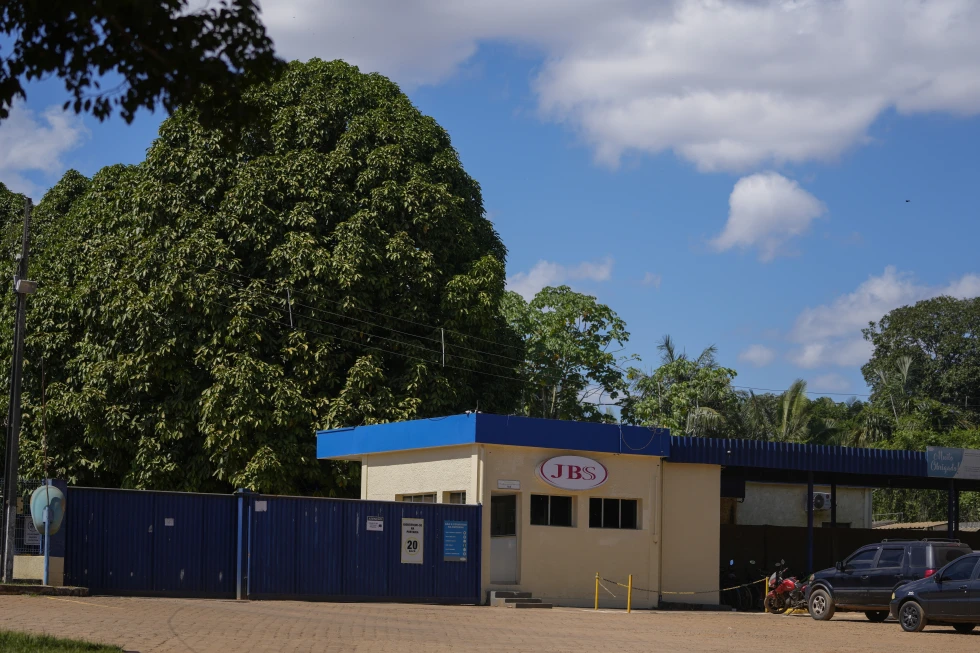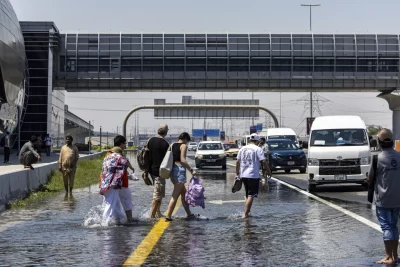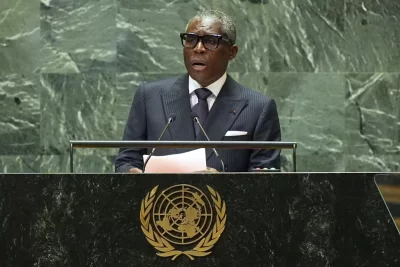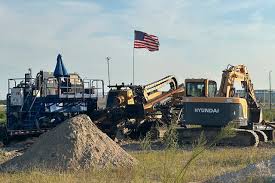
BRASILIA, Brazil — In recent weeks, lawmakers in the United States and the United Kingdom have sent letters to the Securities and Exchange Commission cautioning against the listing of JBS, the world’s largest meatpacking company, on the New York Stock Exchange.
Trading on the world’s largest exchange would give JBS, which applied in July, access to more capital and enhance its credibility. But the lawmakers, along with environmental groups, argue that expanded capital would allow the company, responsible for much deforestation in the Amazon rainforest, to do even more harm.
“Dozens of journalistic and NGO reports have shown that JBS is linked to more destruction of forests and other ecosystems than any other company in Brazil. The company has made repeated claims that it will eliminate deforestation but has not taken meaningful steps to do so,” said the letter from 15 U.S. senators, released last week.
A spokesperson for the SEC, which has regulatory oversight of the NYSE, said that they don’t comment on individual filings. JBS and the NYSE did not respond to questions.
Two-thirds of Amazon deforestation results from conversion to pasture for livestock, according to the Brazilian government. JBS, which has the largest slaughter capacity in the region, buys thousands of cows raised illegally every year, according to audits by federal prosecutors.
JBS has pledged to make all cattle purchases traceable by 2025 and to reach net zero, or equalize all carbon emissions, by 2040.
In 2020, it created the JBS Fund For the Amazon. The goal is to finance “innovative, long-term initiatives that build on JBS S.A.’s legacy of conservation and sustainable development in the Amazon Biome,” according to an SEC filing.
In the three years since inception, the JBS Fund for The Amazon has provided $15 million to 20 projects, according to its website. The company has pledged to commit a total of $51 million to the fund through next year.
The initiatives include cocoa farming integrated with trees; managed fishing of pirarucu, a giant freshwater fish, and support for the Forest Peoples Connection, which has been installing Starlink internet units donated by Elon Musk´s SpaceX in remote areas, such as Indigenous communities.
It also granted money to two U.S.-based nonprofits: Forest Trends, which supports handicrafts and Brazil nut production in Indigenous territories, and the Good Food Institute, which works to research local products from Amazon fungi to tucuma, a local palm tree.
Still, the contributions are tiny for the company. From 2021 through the last quarter of 2023, JBS net sales approached $209 billion, according to a company statement. That means the amount disbursed for environmental projects so far represents 0.007% of JBS’ net sales for the period.
The U.S. is the meatpacker’s largest market, with 51% of sales, followed by 27% in Brazil, where it employs about 270,000 people.







